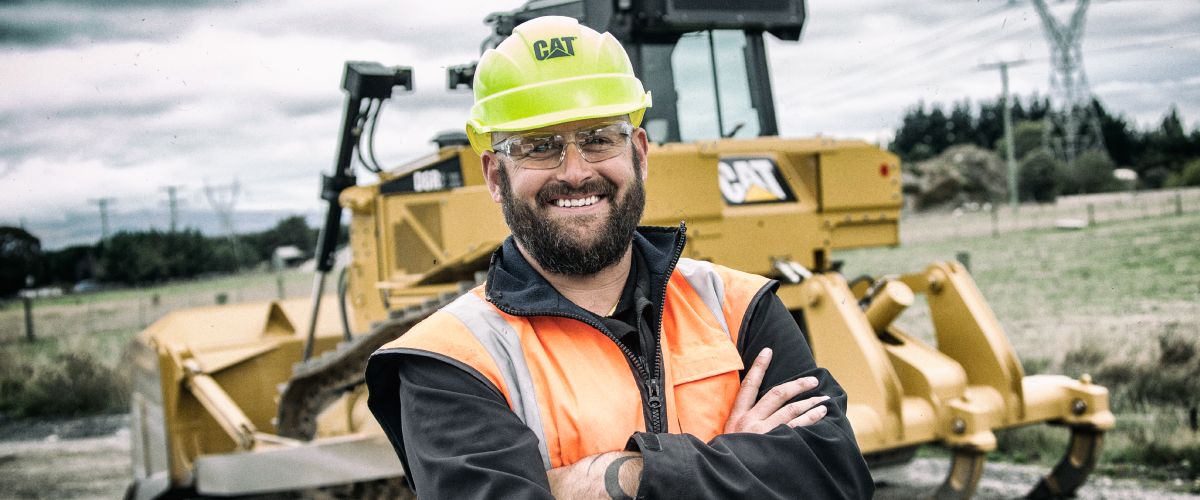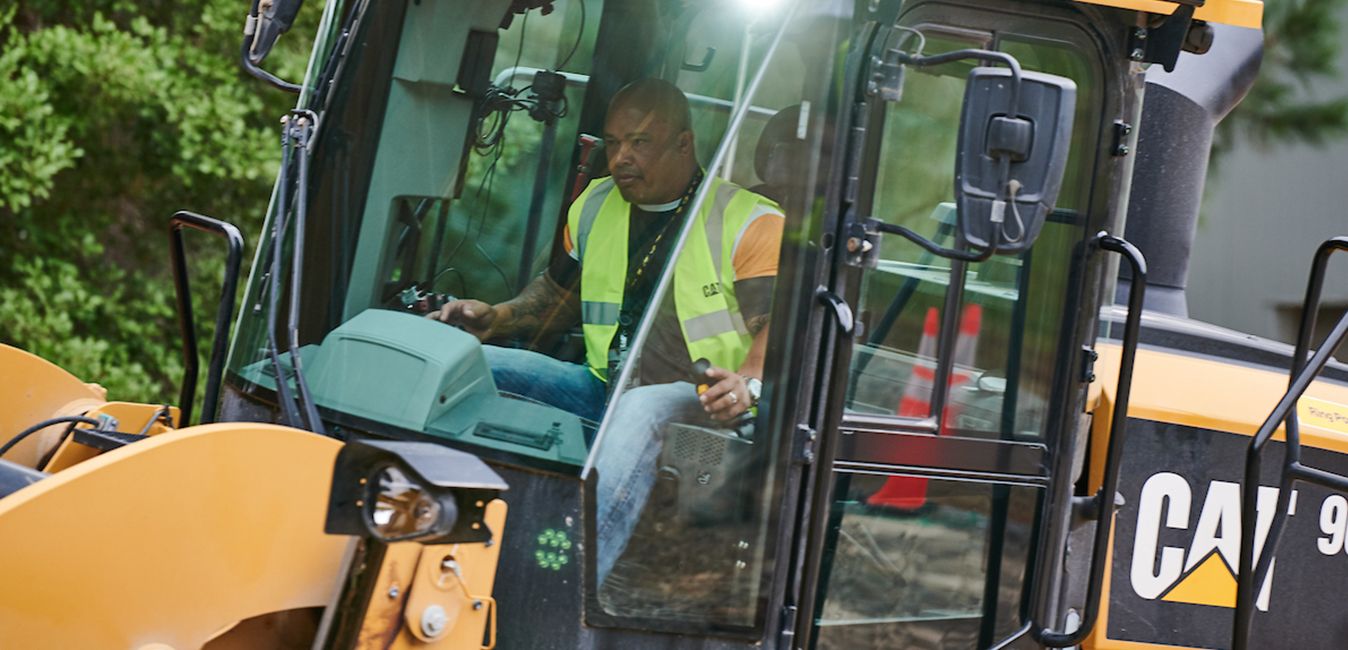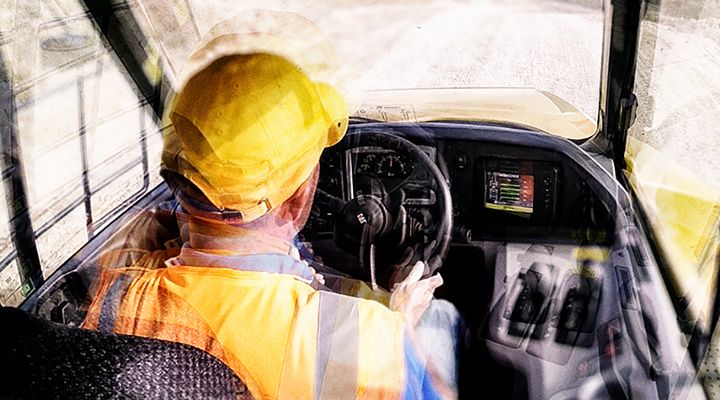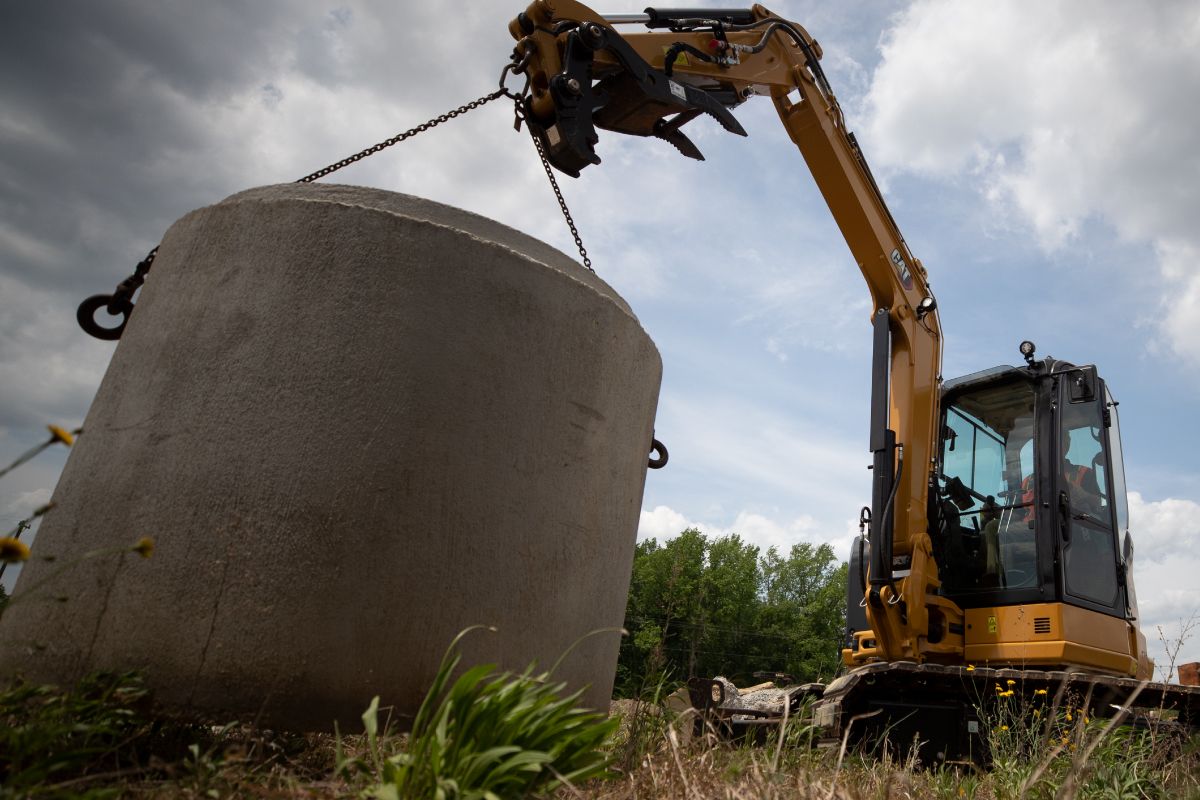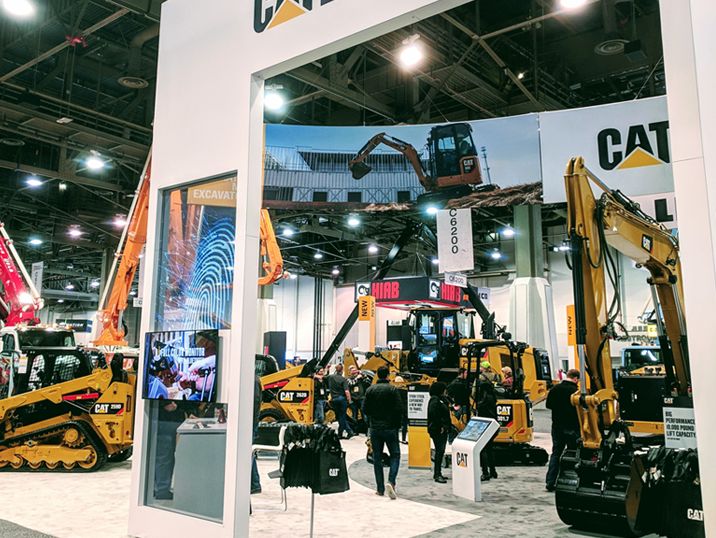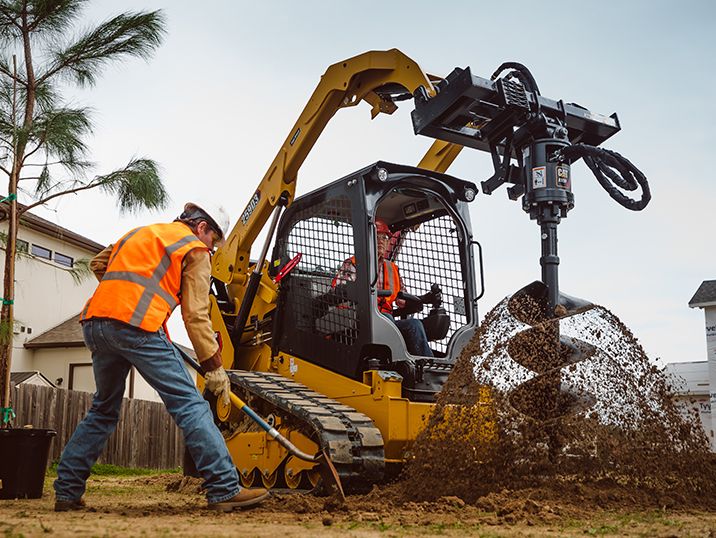If you already have an existing account with another Cat App, you can use the same account to sign in here.
One Account. All of Cat.
Your Caterpillar account is the single account you use to log in to select services and applications we offer. Shop for parts and machines online, manage your fleet, go mobile, and more.
Account Information
Site Settings
Security
5 Skills to Look for in a Tight Construction Job Market
Finding skilled operators in the construction industry these days is tough. According to a recent survey from the Associated General Contractors of America and Sage Construction and Real Estate, 79% of companies plan to add employees in 2019 — but 78% report that filling open positions is difficult. What’s a construction firm to do?
As you’re reviewing resumes and conducting interviews, think about this: Many equipment operation skills can be taught, but many of the intangibles that make an employee a good long-term fit cannot. Look for these five essential characteristics when hiring, then consider investing in training to bring workers with potential up to speed on the more technical side of operation.
1. Team player
Machine operators may spend much of their day alone in the cab, but construction is a team sport. There’s no time for petty arguments and grudges among employees. Everyone’s job relies on someone else’s, and the whole team needs to come together to make sure the work gets done accurately, on time and on budget. Look for candidates who have experience working on team projects, especially in high-pressure or time-constrained situations.
2. Good communicator
Your operators don’t have to be seasoned orators or secret novelists, but they do need to articulate themselves clearly. Asking questions, voicing concerns and communicating decisions to supervisors and coworkers are important parts of the job. So is crafting emails, texts, reports and other documentation that helps keep a construction project running smoothly. Pay attention to the way potential employees communicate with you during the interview process — and just as important, how well they listen.
3. Technology pro
“Pro” may be too strong a word, but definitely seek out employees who aren’t afraid of or resistant to technology. It’s everywhere in construction these days, and it’s not going away. You want operators who recognize the value technology can bring to the jobsite and are willing to learn how to use it, both in their machines and off. Be sure to inquire about a prospect’s familiarity with computers, software, apps and other systems — even video gaming can be great experience for the job!
4. Eager learner
This characteristic goes hand in hand with #3. Things are constantly evolving in construction — technology, tools, safety procedures, jobsite rules and regulations, even the machines themselves. Operators need to be adaptable, open to change and enthusiastic about staying up to date. Ask prospective workers about something new they’ve learned lately. It doesn’t have to be earthshattering, just an indication that they’re curious and teachable.
5. Problem solver
There’s no such thing as a problem-free jobsite. Machines break down. Materials run short. Weather creates delays. Equipment operators must be able to think on their feet, react quickly, troubleshoot issues and make smart decisions — sometimes without calling in a supervisor for approval. Think about a couple scenarios (pull them from your own real-world experiences) you can raise in job interviews that will show you how a candidate might react in a tricky situation.
There’s no sign the operator shortage is ending anytime soon. Rather than waiting for that elusive seasoned pro to knock on your door, seek out prospective employees who possess these indispensable qualities instead. As long as they have basic machine skills, a willingness to learn and a great attitude, you should be able to convert them from newbie to effective operator in no time.
RELATED ARTICLES
You’re here to get ideas to grow your business. Read on for machine insights and expert tips and tricks to get more out of every job.
-
Opioids and Construction: A Bad Combination
The opioid epidemic is dominating a lot of headlines these days, with the Centers for Disease Control and Prevention reporting that opioids were involved in more than 42,000 overdose deaths in 2016 — five times that of 1999. But if you think that’s a problem for the D.C. bureaucrats to handle, think again.
Learn More -
Excavator Safety: Lifting Heavy Loads
Make sure you and your crew are practicing excavator safety on the job with these tips on lifting heavy loads.
Learn More -
World of Concrete 2020 Recap: Creating a Safety Culture Workplace
Caterpillar’s Justin Ganchow, of Caterpillar Safety Services, shared his insights about creating a safety culture workplace at World of Concrete 2020.
Learn More -
How to Promote Landscaper Safety
Keeping your operators safe on the job starts at the top. We discuss some ways to promote landscaper safety at your business.
Learn More

